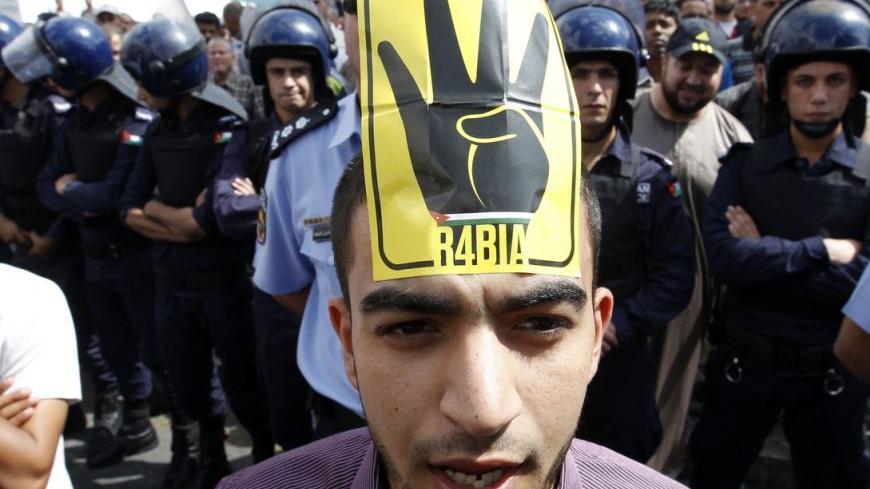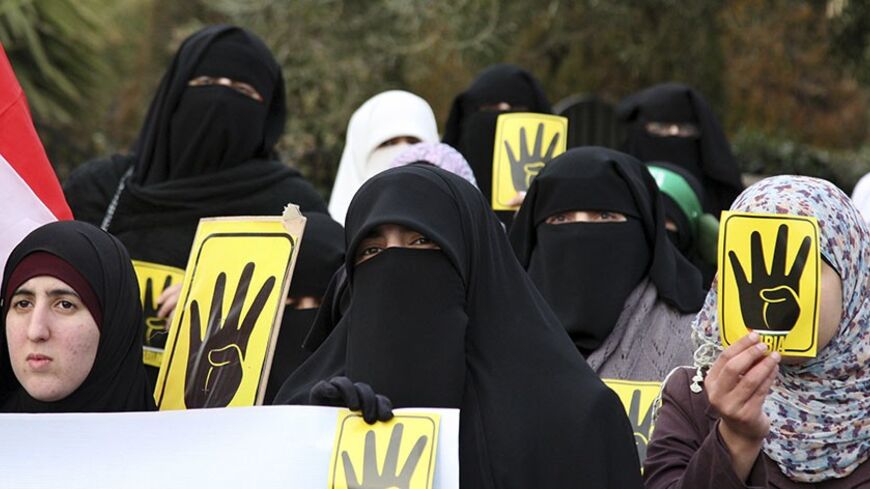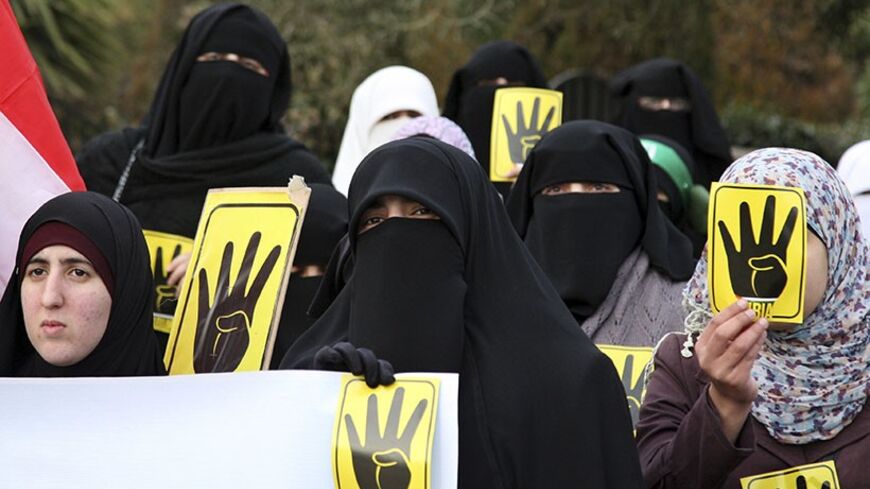Jordan Divided on Muslim Brotherhood
The overthrow of the Muslim Brotherhood-led government in Egypt is felt in Jordan.

A quick glance at the op-ed page of two of the three daily newspapers in Jordan, Al Ghad and Addustour, will give a hint of how divided Jordanians are over the July 3 military takeover in Egypt and the ouster of President Mohammed Morsi. Almost next to each other one would find columnists giving two opposite views of the coup, the crackdown on Egypt’s Islamists and Jordan’s Muslim Brotherhood. The third daily, the government-controlled Al Rai, has been waging an unrelenting crusade aimed at undermining the Muslim Brotherhood at home and abroad.
Pro-government columnists have been engaged in a daily offensive against the extremist-controlled Brotherhood leadership, accusing it of being anti-democratic, opportunistic, seeking to impose a religious state and being loyal to an international organization.






